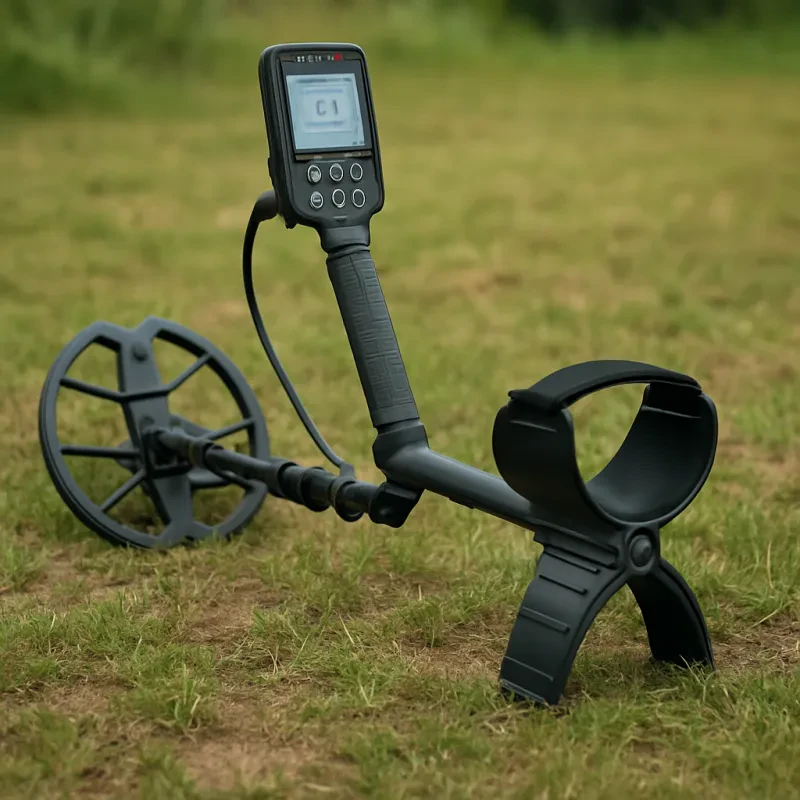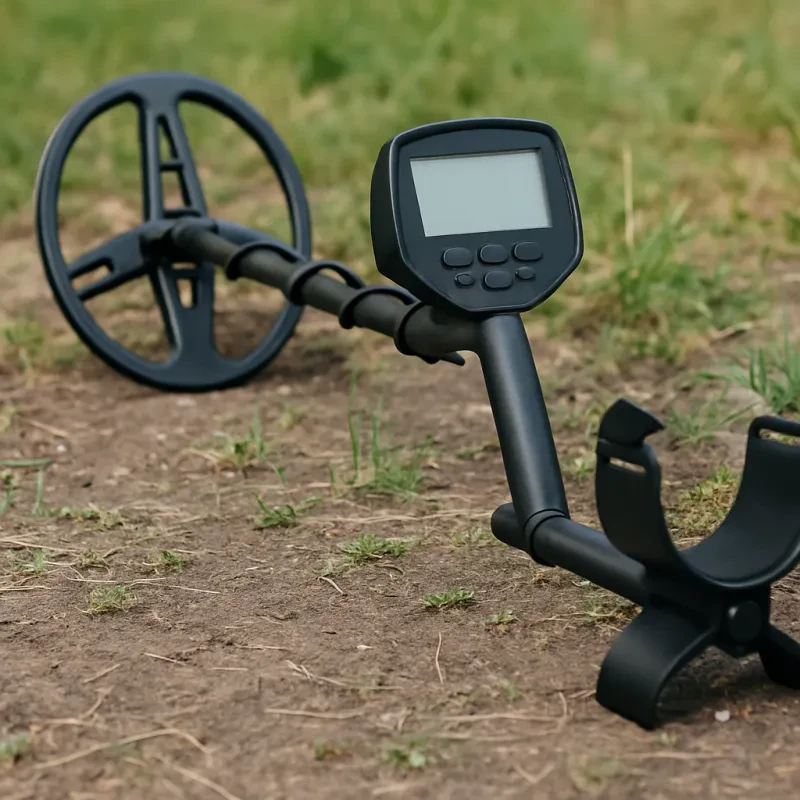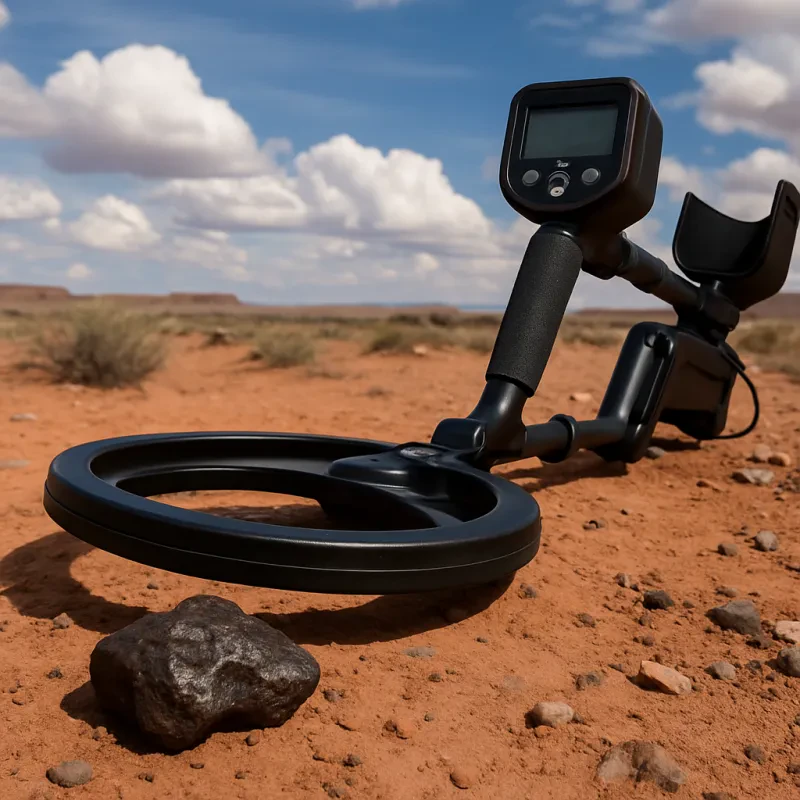Metal detecting in South Carolina offers a unique adventure, allowing enthusiasts to uncover hidden treasures ranging from Civil War relics to ancient coins. However, it's crucial for metal detecting aficionados to understand and comply with the state's laws and regulations to ensure their treasure hunting does not turn into legal woes. This comprehensive guide will delve into the specifics of South Carolina metal detecting laws, highlighting key legislation, best practices for compliance, and resources to enhance your metal detecting journey.
Understanding South Carolina Metal Detecting Laws
South Carolina, with its rich history and abundant natural landscapes, is a haven for metal detecting enthusiasts. However, the activity is governed by several laws designed to protect historical artifacts, private property, and the state's natural resources.
State Laws and Regulations
Protection of Archaeological Resources: South Carolina's laws are strict when it comes to archaeological sites. The South Carolina Underwater Antiquities Act of 1991 regulates the removal of artifacts from submerged lands to ensure the preservation of historical and archaeological resources. Metal detecting is prohibited on these sites without a permit from the South Carolina Institute of Archaeology and Anthropology (SCIAA).
Public Lands and Parks: For state parks and public lands, metal detecting requires permission from the park manager or the governing body. Some areas may be off-limits or require a permit. It's essential to check with local park offices or the South Carolina Department of Parks, Recreation & Tourism for specific regulations.
National Forests and Wildlife Refuges: Metal detecting in national forests and wildlife refuges is generally restricted and often requires a permit. The National Forest Service and the U.S. Fish and Wildlife Service have their own sets of rules, which prioritize the conservation of natural habitats and historical sites.
Beaches and Coastal Areas: South Carolina's beaches are popular spots for metal detecting. While metal detecting is allowed on many public beaches, it's important to be aware of any local ordinances or restrictions, especially during turtle nesting season or in areas with historical significance.
Private Property: Detecting on private property is permissible only with the explicit consent of the landowner. Written permission is recommended to avoid any misunderstanding regarding access and finds.
Compliance and Best Practices
To ensure a positive and lawful metal detecting experience in South Carolina, follow these best practices:
Seek Permission: Always obtain necessary permits or written consent before detecting.
Respect the Land: Leave no trace of your activity by filling in holes and disposing of any litter.
Report Finds: If you discover significant historical artifacts, report them to the appropriate authorities or the SCIAA to contribute to the preservation of South Carolina's heritage.
Stay Informed: Regulations can change, so it's crucial to stay updated on local and state laws regarding metal detecting.
Metal Detecting Resources in South Carolina
To assist with your metal detecting journey in South Carolina, here are some valuable resources:
South Carolina Institute of Archaeology and Anthropology (SCIAA): Provides information on permits, archaeological sites, and the state's heritage conservation efforts.
South Carolina Department of Parks, Recreation & Tourism: Offers guidelines on metal detecting in state parks and recreational areas, including contacts for obtaining permissions.
National Forest Service - Francis Marion and Sumter National Forests: For those interested in exploring national forests, this resource provides guidelines and contact information for obtaining necessary permits.
Metal Detecting Clubs and Societies: Joining a local metal detecting club can provide community support, tips, and organized events. Clubs such as the South Carolina Treasure and Artifact Association offer resources and a network for both novice and experienced detectors.
Online Forums and Social Media Groups: Platforms like TreasureNet.com and various Facebook groups dedicated to metal detecting in South Carolina are excellent places to share finds, get advice, and stay updated on laws and regulations.
Metal detecting in South Carolina is an engaging hobby that requires a responsible approach to ensure the preservation of the state's historical and natural resources. By understanding and adhering to South Carolina's metal detecting laws, enthusiasts can explore and discover treasures while respecting the environment and heritage sites. With the right resources and a respectful approach, the pursuit of hidden treasures can be a rewarding and lawful adventure in the Palmetto State.
Remember, the key to a successful metal detecting experience lies in preparation, respect for the law, and a commitment to preserving the historical and cultural significance of your finds. Whether you're walking along a serene beach or exploring the depths of a historical battlefield, South Carolina's landscapes are ripe with potential discoveries, just waiting for the patient and respectful detectorist to uncover them. Happy hunting!





